How To Win At Tech Publishing
Does writing books suck? Writing overall? I've been itching to vent on this for some time. Many hard-earned life lessons ahead.

An essay caught my attention yesterday. It's about a topic I've been wanting to vent about for some time, so buckle up. The essay's title is "The one where writing books is not really a good idea"
I know writing. I've been writing professionally many decades, since I was 17. I'm also an avid tech/coder person. I've been lucky enough to watch both writing and the technology around writing and publishing evolve. My writing has been featured in everything from porn magazines to C++ books, from online programming courses to e-zines about cooking. I've written on deadline for daily newspapers and appeared on TV. I know writing.
Let me share with you something that might save you a lot of time: writing doesn't pay. It also may be the best thing you can do with your professional development time.
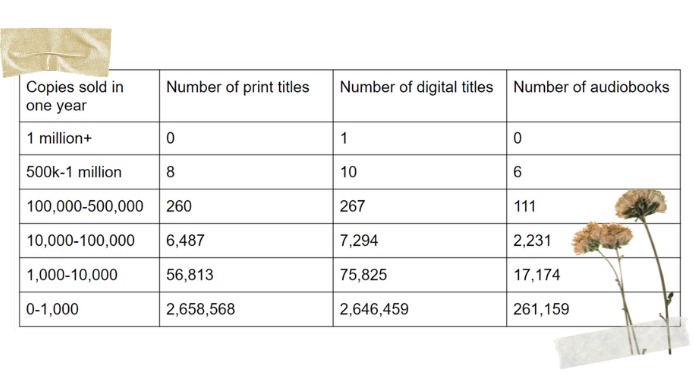
As part of both observing and participating in the industry, I scan between 50-100 tech articles each week. I have friends who have written books on how to be successful tech authors. I have attended conferences on bootstrapping businesses and the role good writing plays in that. I blog here and do weekly videos on tech subjects. I regularly participate on several programming forums. I have a bunch of friends who have written many, many tech books, some of which are quite popular. Sad to say, from the standpoint of learning some super new, super cool, and super-useful new tech, most of what I read is pablum, baby food. The best is bright-and-shiny, enjoyable, and amusingly pointless at the same time.
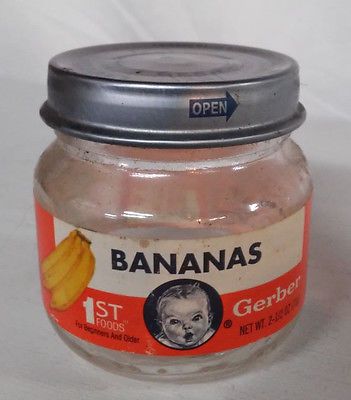
If that's true, then why do I read? I read to learn about several non-technical things I find interesting.
- What kind of style and social signals people who write for the pop culture send
- What's the overall reaction in the tech community to various writers and topics?
- Where's the community headed over the longer term?
- What pieces of tech exist in various silos that haven't been combined yet?
I love reading tech stuff. I'm just not under any illusions as to what's going on here. In most cases the answer is simple: marketing.*
Wait a minute. Aren't you a sales and marketing person too, Markham? Isn't the entire purpose of this blog to be a huge sales machine?
Partly true. Sure, I market. Here's my latest book. You should buy it.
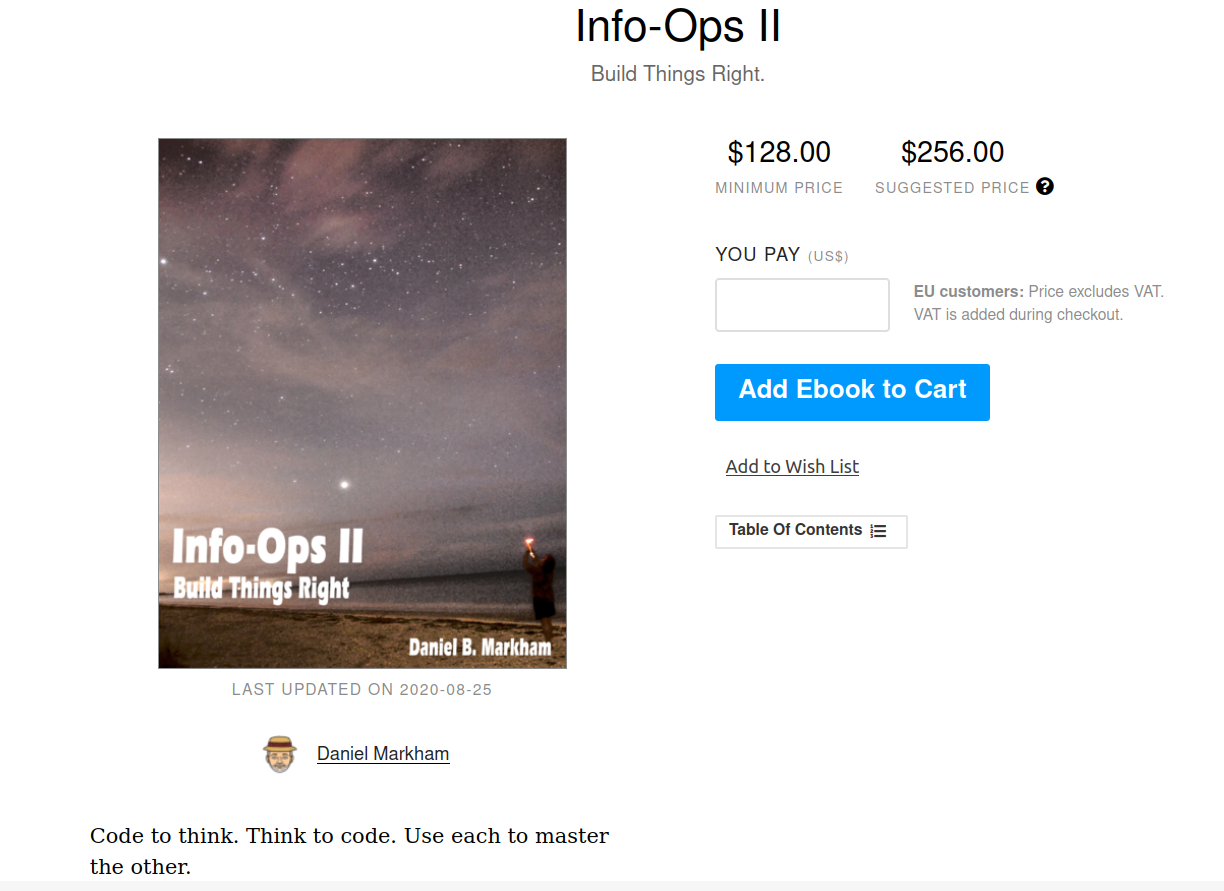
Is that price right? How can he sell books for that much?!? Nobody will buy them!
Exactly.
Take a look around on this blog. There are no ads. There are no in-your-face links to buy my books. I don't use pop-ups to encourage you to join a group, or share or tweet about what you've just read. There are no page analytics (aside from nginx server logs). Javascript load is minimal.
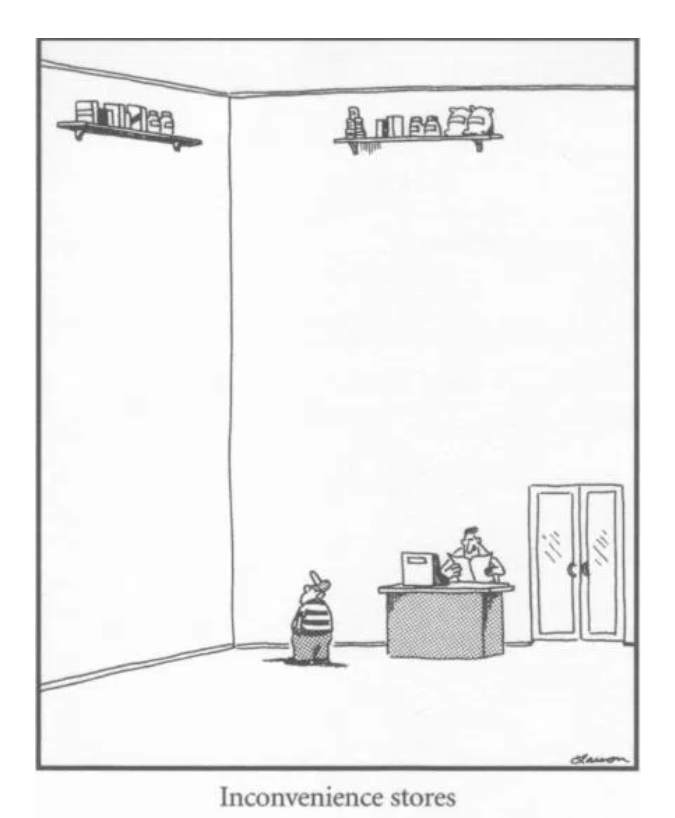
I've picked apart each technical piece of the site and examined every chunk of content to make sure that I'm doing everything I can not to market or sell you anything. Sure, I market in the sense that I love conversations with nerds, and I'd love to have you along, but I'm on a journey. I'm inviting you along. I don't have a destination I'm trying to sell you. I probably will get much more from my nerd friends than I ever will give back. This is not about me or the benefits you'll get from anything I'm doing.
More importantly, I can't be self-serving. It doesn't achieve either yours or my goals. I learned to change my attitude over the years as I continued to write and publish in various formats. I found that whenever I did any of those things, people reacted. Many times they reacted to small details in ways I found astonishing. Any hint at all that I was employing a "trick" was met with scorn and derision, no matter what the quality of the actual content.
What's the big secret I've been building up to? How can you win at the tech publishing game? First, understand the game. Realize that the true nature of mass tech publishing is not centered around technology; it's centered around social signaling and entertainment. Talking about tech writing in terms of how much money you'll make is like talking about playing the board game Monopoly by saying the goal is to make the most money. It's a true statement yet totally unhelpful. I would argue that such misdirection is actually harmful.

But the critical thing is this: because the Internet is so large with so many people all doing basically the same things, whatever you do, you're going to end up getting stuck in a pipeline with some sort of label on it and a bunch of other people. That has consequences. That's why I was getting all of that anger and pushback. I fit into a label that others found unpleasant. It had nothing to do with my content. Content does not rule online. That's bullshit. (One of many pieces of bullshit fed to creatives online, sadly)
Maybe you're "content marketing". Perhaps you're a "vanity publisher". You could be one of many cooks or cranks online. Perhaps you're a grifter, or a highly emotional slice-of-life online diarist. You could be a gadfly, or a tech reporter. Whatever you're doing, they've got a label for it, whether you want that label or not. You can either choose or not, it doesn't matter. They've got a channel they've stuck you in and forever you will be in that channel.
Therein lies the rub: once you explicitly or unconsciously accept that label, you start binding yourself to the various rules and behaviors folks with that label/goal have. You start hanging out with others in the same kind of group. What assimilation you don't do on your own your new friends will subconsciously help you with. (I honestly think this is completely unnoticed by most people. Group assimilation is a natural part of our biological programming. Fish don't know that water is wet.)
Almost overnight, two things happen. First, no matter how good you are at the tech part or the writing part, you become mediocre compared to those around you. After all, they've been part of this association much longer than you have, and some are extremely good learners. Second, social signaling starts mattering more than anything else.

Want to be acknowledged by those in your specialty area of tech? Social signaling. Want some tips, the ones they don't share publicly, from those at the top of the game you're playing? Social signaling. Want to sell to a mass audience? Social signaling.
There's no mystery to the reason why the first thing they tell authors to do is set up forums or email lists. It's no mystery why you should have a passion that makes you part of some extremely important movement. You're going nowhere unless you're starting your own little social group and/or joining the "correct" ones. Get those folks hot!
This is not a cynical post. I'm not saying that people deliberately become fakes and go through all of this simply to be successful. Perhaps some do, but I suspect most famous publishers ended up doing these things simply by flailing around until they found something that worked. This essay is about mechanics, not motive.
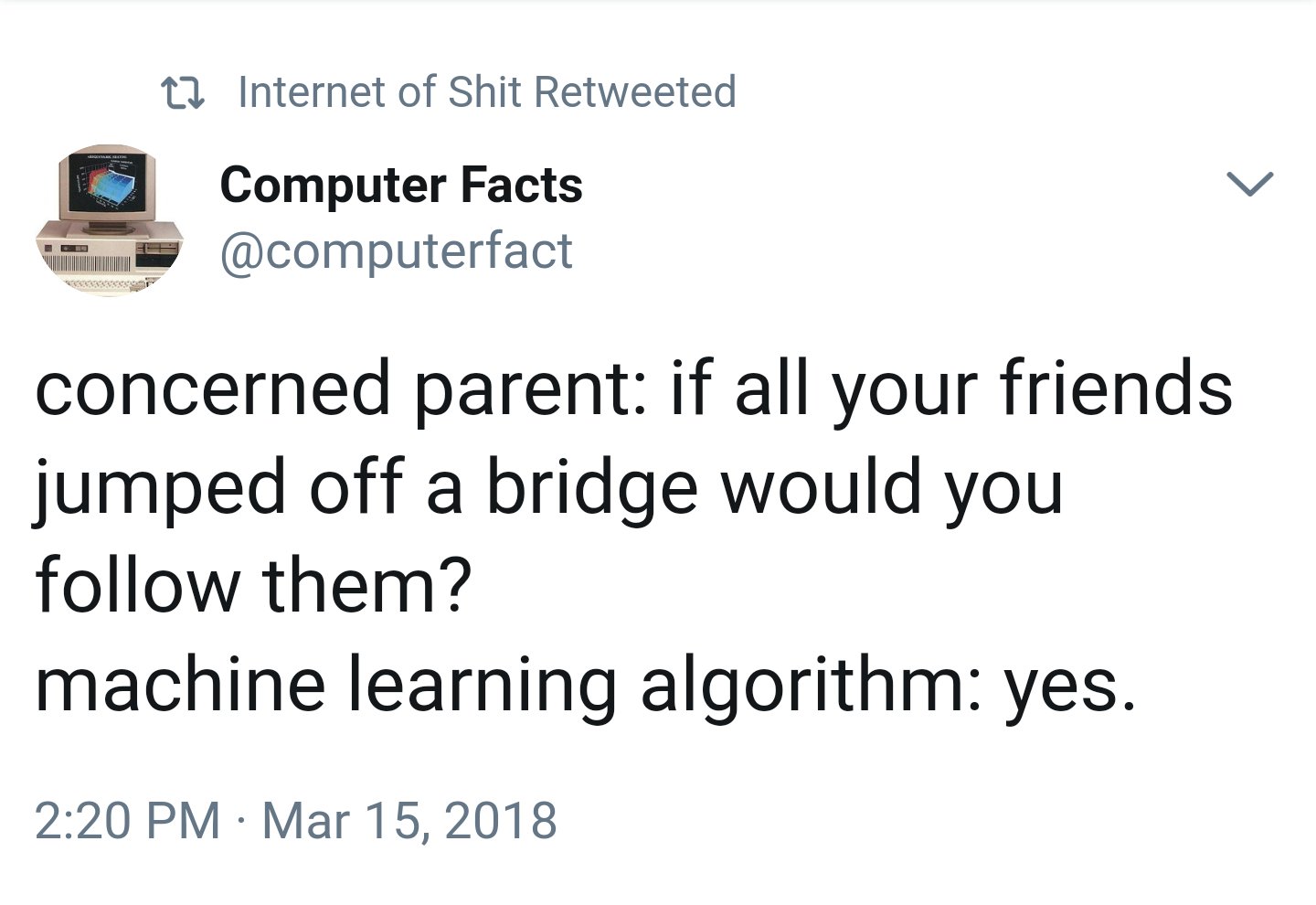
If you want to talk about writing books not being a good idea, you've got to first start talking about goals. If you're only interested in income and are writing fiction, the numbers are against you. In general, as that essay author shows, writing isn't a great source of direct income.
If, however, you've accumulated a lot of research on a personal topic and want to gather the threads together and reach some personal conclusions, long-form non-fiction is probably the only tool that's going to work, whether you publish or not.
There are many more indirect benefits for various niche genres. If you reduce it all to money, you're not going to be happy. (Frankly, I don't think you're going to be happy even if you get the money.) Everybody can publish now and as a result of that, most books are not that great. One wag said that the great majority of books published today shouldn't be published at all. I tend to agree, at least in terms of publishing for a wide audience. But publishing doesn't have to be like that.
I'm starting on another book this year. Each of my previous books has had less than 1,000 readers and I'm happy as a clam. In fact, I really don't want to start publishing to a mass audience. In my opinion, looking at writing only in terms of a mass audience is the best way to start writing a lot of highly-targeted trash. Everybody is already trying to write the next version of serialized pulp fiction. That's why, in my opinion, no matter how well you write for any sized audience at all it's only going to end up being mediocre (by comparison). If, however, you write reasonably well on a laser-focused extremely small niche that you have great passion for? You win even if you get only seven readers.
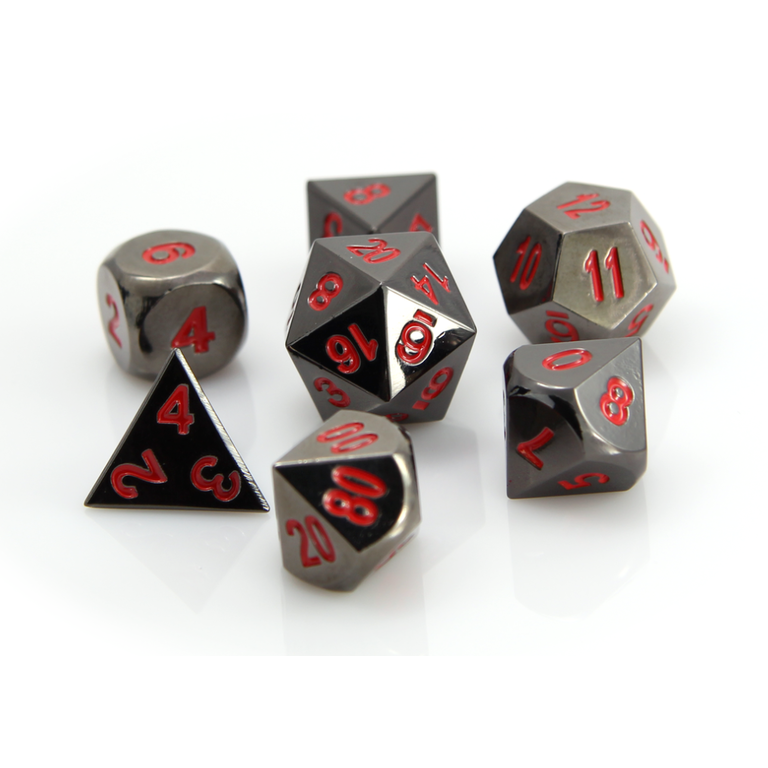
You win at the game by making your own game.
I charge a shit-ton of money for my books becasue I'd rather have ten people a month buy them and generate some new collaborative friends than I would sell a thousand books a month, make more money, and find myself as part of some sytem with a grind and a bunch of magic sauce that's constantly-changing and has nothing to do with anything I care about.
I'm a writer. I write. That comes first. Sure, making money as part of some niche, highly-targeted marketing effort is good business. It's also a great way to become part of the vast sea of mediocrity that our Walmart-ized worldwide society is becoming.
Would you like a McAd with your McArticle? Want a video series? How about our email list? Can I supersize that?**
No thanks.
</rant>

* My friends have written some really good books. Some of the things they write, like some of the things I write, not so much. Oddly enough, when I want to actually learn something new and important, I'm usually slogging through something most folks would find boring. (That's probably because everything that can be turned into popcorn and bubblegum has already been turned into popcorn and bubblegum. Pro-tip: If there's a quickie five-minute YouTube video, there's a reason for that.)
** It's not that I mind these kinds of commercial things. I've done them before and I'll do them again. Some of these methods are the best thing we have for doing many kinds of things. (For instance, some kinds of formats like a video series are the best for teaching coding.) My larger point here is that by choosing these medium, tips, tricks, messages, and more importantly social groups, comes with a lot of consequences. People who read essays that are all about at some simplified end-result, like income, miss out on the more important choices. There are trade-offs you're making by doing various things that affects your ability to reason and problem-solve. You reduce it all to money and you've lost anything unique about what makes you, you.



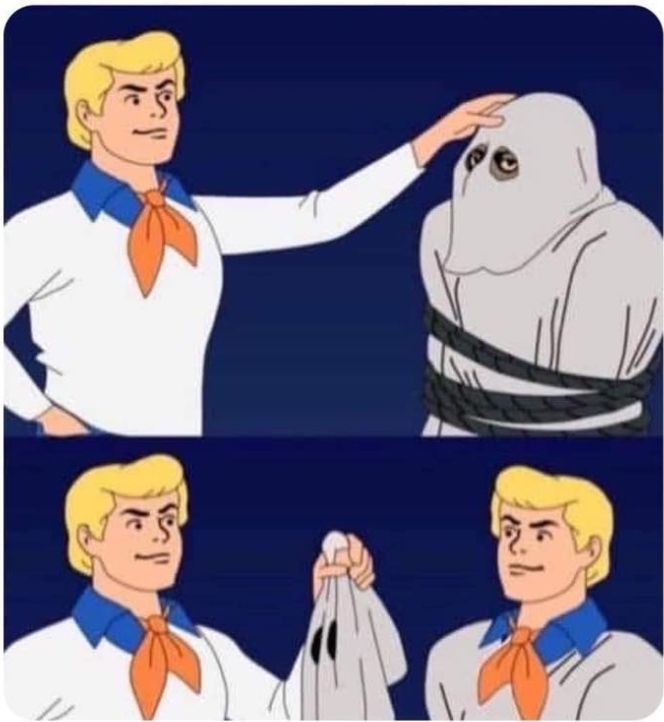
Comments ()